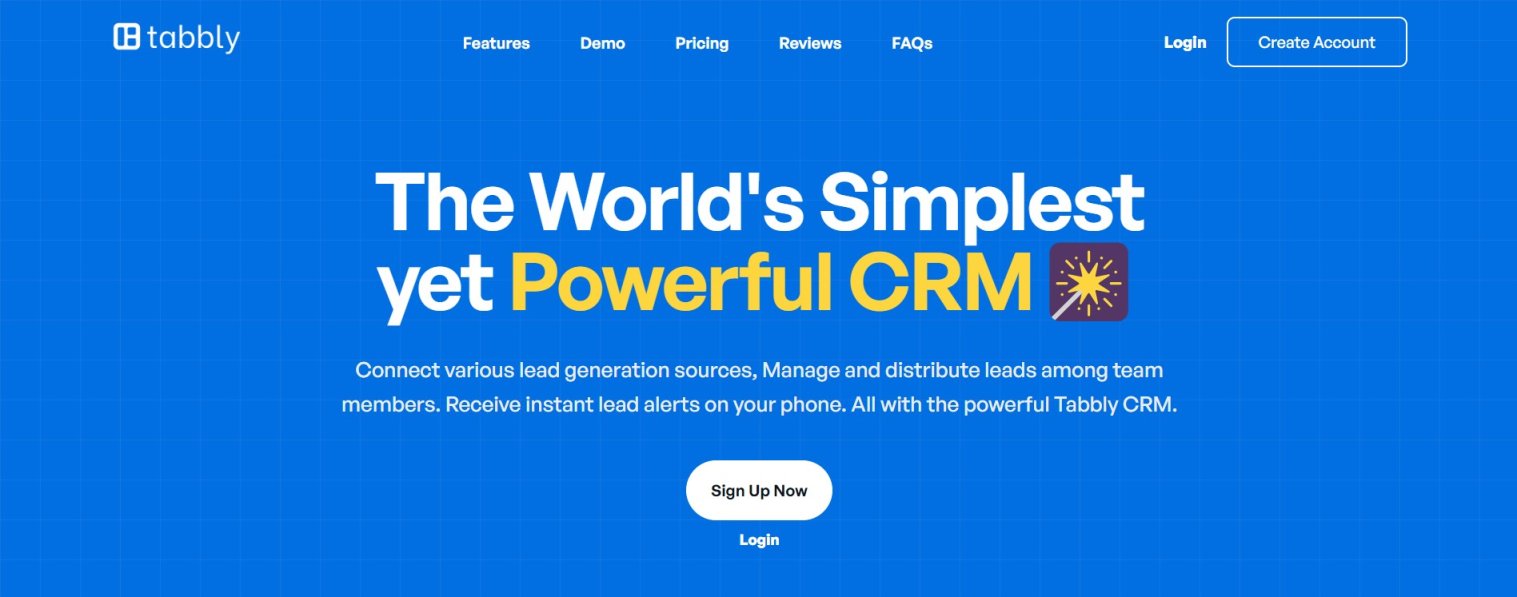The EdTech industry is transforming the way we approach learning. Think of it as a powerful ally in education — one that introduces innovation, personalization, and engagement into the learning process. Whether it's turning boring lessons into interactive games or making studying as enjoyable as using your favorite app, EdTech has redefined traditional education.
But there’s more to this transformation than just student learning. Behind the scenes, EdTech startups must navigate the challenging world of sales — reaching out to schools, understanding educators' needs, and turning interest into long-term partnerships. This is where Customer Relationship Management (CRM) and AI voice calling step in as game-changing tools.
Let’s explore how these technologies support EdTech businesses in streamlining sales, building relationships, and scaling faster.
Importance of effective sales strategies in EdTech startups
Hey there! Let's dive into the exciting world of EdTech startups and discover why having rock-solid sales strategies is a game-changer. We'll also explore how our trusty sidekick, Customer Relationship Management (CRM), can supercharge your sales efforts.
Ready? Let's roll!
Why Sales Strategies Are Crucial in EdTech
Having a brilliant educational product is only half the battle. The other half lies in making sure that product reaches the right schools, teachers, and learners. Sales strategies are essentially the roadmap that guides EdTech companies from product creation to market penetration.
Sales in EdTech is not a one-size-fits-all process. Schools have different curriculums, teachers have unique teaching styles, and institutions face varying challenges. Therefore, the approach to selling educational solutions needs to be highly strategic, empathetic, and data-driven.
Well-crafted sales strategies help startups:
- Identify and prioritize the most promising leads
- Build strong, long-lasting relationships with educational institutions
- Tailor offerings based on customer needs
- Create a consistent sales funnel for sustainable growth
But managing all this manually is complex. That’s where CRM software and AI voice automation come in — simplifying sales operations and ensuring no opportunity is overlooked.

Understanding CRM in the EdTech Context
CRM, or Customer Relationship Management, is a system designed to manage a company’s interactions with potential and existing customers. In the context of EdTech, this includes school administrators, teachers, procurement departments, and sometimes even students and parents.
Think of CRM as a digital memory and productivity assistant. It keeps track of every interaction, logs every meeting and follow-up, and centralizes communication — allowing your sales team to stay informed and organized.
Key Benefits of CRM for EdTech Sales:
- Organized Lead Management
- CRM helps categorize leads based on interest, engagement, and potential value. Whether a school is interested in a mathematics platform or a language-learning app, CRM keeps every detail documented and accessible.
- Personalized Outreach
- Using CRM data, sales reps can craft messages tailored to each lead. Instead of a generic pitch, they can refer to previous conversations, specific educational needs, or even purchasing timelines.
- Sales Funnel Visibility
- CRM platforms visualize where each lead stands in the sales process — whether they’re in the discovery phase, demo stage, or near closing. This transparency helps teams forecast revenue and allocate resources efficiently.
- Improved Customer Retention
- CRM is not just for closing deals; it helps nurture ongoing relationships. For EdTech companies offering subscription-based services, this is critical. CRM ensures regular engagement even after the sale, increasing renewal rates and customer satisfaction.
Integrating AI Voice Calling into EdTech CRM
AI voice calling is the natural evolution of sales automation. By combining AI voice agents with your CRM system, your sales team gains a powerful tool for communication and lead engagement.
Unlike traditional tele-calling, which requires a human to manually call each lead, AI voice agents can automatically initiate and manage conversations with leads using intelligent voice scripts and decision trees.
How AI Voice Calling Enhances CRM Functionality:
- Instant Engagement with Leads
- When a new lead enters your system — from a website inquiry, ad campaign, or referral — timing is critical. AI voice agents can call them immediately to introduce your product, qualify their interest, and even schedule demos.
- High Volume Outreach
- Human sales reps can only make a limited number of calls per day. AI voice agents, however, can handle thousands of calls simultaneously. This ensures no lead is left unattended due to resource constraints.
- Consistency in Communication
- AI voice agents follow predefined scripts and adapt based on responses, ensuring that every lead receives the same quality of information and experience. This minimizes the chances of miscommunication or missed details.
- Automatic Call Logging and Transcription
- Every interaction carried out by the AI voice agent is automatically recorded, transcribed, and fed into the CRM. Sales teams can access detailed call histories without having to manually input notes, saving time and reducing errors.
- Efficient Follow-Ups
- AI voice systems can be programmed to schedule follow-ups at optimal times. Whether it's a reminder about a meeting or a check-in after a demo, these calls help maintain consistent engagement throughout the sales cycle.
- Cost-Effective Scaling
- As EdTech startups grow, hiring and training a larger tele-calling team can be expensive. AI voice agents offer a cost-efficient alternative to scale outreach without increasing headcount.

The Combined Power of CRM and AI Voice Calling in EdTech
When CRM and AI voice calling work together, they form a robust system that empowers EdTech startups to operate smarter, faster, and more efficiently.
Let’s break down the synergy:
- CRM stores the data, customer profiles, and sales insights.
- AI voice calling activates that data by reaching out to leads, initiating conversations, and gathering feedback.
- Together, they create a feedback loop where every interaction enriches the CRM, and every new data point enhances the AI agent’s effectiveness.
This integration reduces manual work, accelerates conversions, and ensures that every potential lead receives timely, personalized attention.
Why EdTech Startups Should Consider Tabbly
If you're looking for a CRM that combines the simplicity of lead management with the power of AI voice automation, Tabbly offers an all-in-one solution built specifically for EdTech teams.
Here’s what Tabbly brings to the table:
- Seamless onboarding of unlimited sales team members
- Integrated AI voice calling for lead outreach and follow-ups
- Real-time call tracking and performance analysis
- Comprehensive sales stage reporting to monitor progress
- Web and mobile apps for managing leads on the go
- Unified lead funnel across multiple platforms and campaigns
With Tabbly, EdTech startups can scale faster without sacrificing the quality of their customer relationships.
1. What is CRM, and how does it help EdTech startups?
CRM stands for Customer Relationship Management. In EdTech, it helps startups manage leads, track sales activities, and personalize communication with educators and institutions. It provides a centralized platform to view all customer interactions and ensures nothing falls through the cracks.
2. How does CRM improve communication within EdTech sales teams?
CRM acts as a shared workspace where sales teams can view the status of leads, track past interactions, and coordinate next steps. This reduces miscommunication, streamlines workflows, and ensures that the entire team is aligned toward common sales goals.
3. Can CRM and AI voice calling help identify trends in sales?
Yes. CRM analytics can uncover patterns such as which product features are most appealing, or which types of schools respond best to certain pitches. AI voice calling complements this by providing qualitative data — like how leads respond to specific messaging. Together, they enable data-driven decision-making.
4. What kind of impact can AI voice calling have on EdTech sales?
AI voice calling enables fast, consistent, and scalable lead outreach. It ensures that every lead is contacted without delay and frees up sales reps for high-value conversations. It also ensures routine follow-ups happen without manual intervention, significantly increasing conversion rates.











